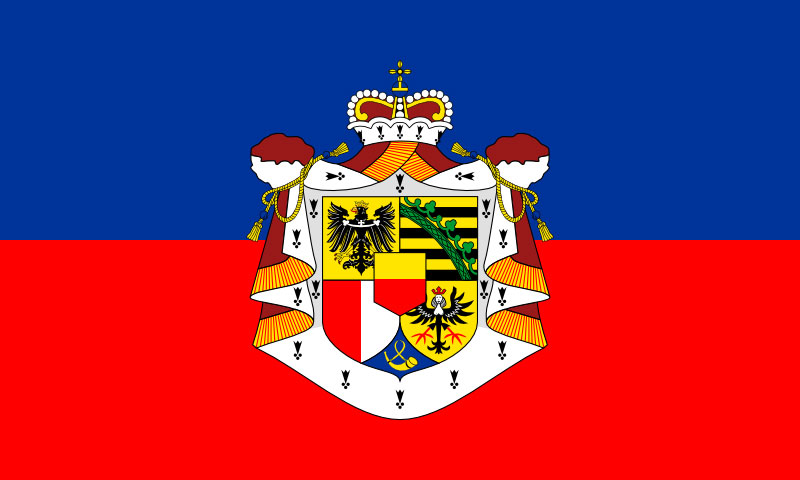HISTORICAL BACKGROUND
The Information Act (Informationsgesetz) was adopted in May 1999 and went into force in January 2000.(1) It allows any person to obtain files from state and municipal organs and private individuals who are conducting public tasks. Responses must be responded to in a "timely" manner.
It does not apply to documents under preparation. There are exemptions for protecting decision- making, public security, disproportionate expenditures, privacy, and professional secrets. Documents are released based on a balance of interests test.
Appeals can be made to a court.
The law also sets rules on the openness of meetings of the Parliament, commissions and municipalities.
Under the Data Protection Act 2002, individuals have a right to access and to correct their personal information held by public or private bodies.(2) It is enforced by the Data Protection Commissioner.(3)
Liechtenstein signed the Aarhus Convention in June 1998 but it has not yet been ratified. Access to environmental information is through the Information Act.
Under the Archive Act 1997, documents are available 30 years after creation. Documents containing personal information are closed for 80 years.
Chapter 16 of the Criminal Code prohibits the disclosure of state secrets. Punishment can be up to ten years imprisonment.
2004 freedominfo.org Global Survey Results - Liechtenstein
NOTES
Gesetz vom 19 Mai 1999 über die Information der Bevölkerung (Informationsgesetz) http://www.gesetze.li/get_pdf.jsp?PDF=1999159.pdf
Data Protection Act of 14 March 2002 No. 55 issued on 8 May 2002. http://www.llv.li/dsgenglish-3.doc
Homepage: http://www.sds.llv.li/



